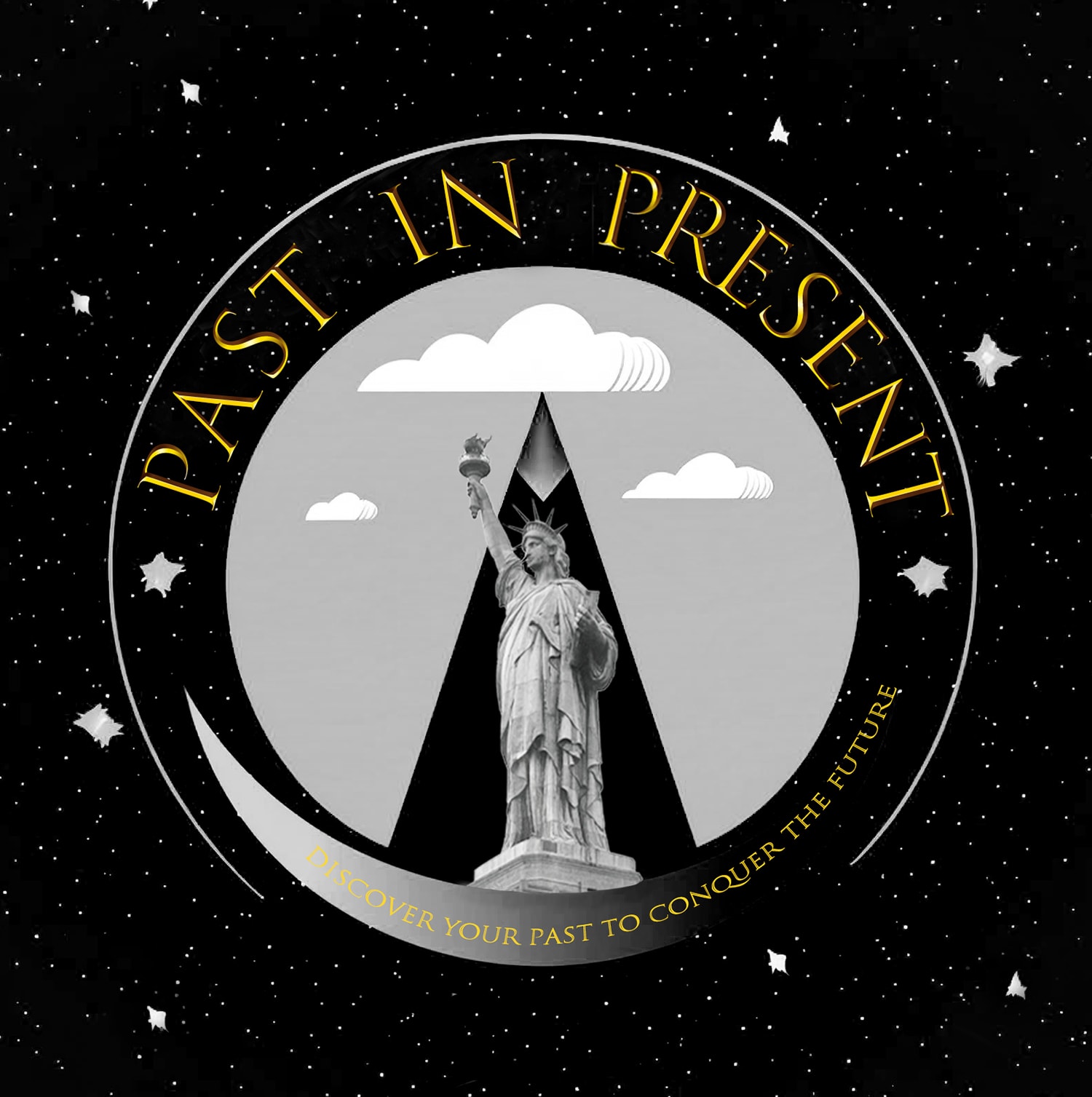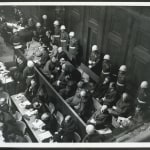 "Nuremberg Trial" Day 2, Nuremberg Germany November 21st, 1945 (Watermarks do not appear on the actual photograph.)
"Nuremberg Trial" Day 2, Nuremberg Germany November 21st, 1945 (Watermarks do not appear on the actual photograph.)
 "Nuremberg Trial" Day 2, Nuremberg Germany November 21st, 1945 (Watermarks do not appear on the actual photograph.)
"Nuremberg Trial" Day 2, Nuremberg Germany November 21st, 1945 (Watermarks do not appear on the actual photograph.)
 "Nuremberg Trial" Day 2, Nuremberg Germany November 21st, 1945 (Watermarks do not appear on the actual photograph.)
"Nuremberg Trial" Day 2, Nuremberg Germany November 21st, 1945 (Watermarks do not appear on the actual photograph.)
 "Nuremberg Trial" Day 2, Nuremberg Germany November 21st, 1945 (Watermarks do not appear on the actual photograph.)
"Nuremberg Trial" Day 2, Nuremberg Germany November 21st, 1945 (Watermarks do not appear on the actual photograph.)
 "Nuremberg Trial" Day 2, Nuremberg Germany November 21st, 1945 (Watermarks do not appear on the actual photograph.)
"Nuremberg Trial" Day 2, Nuremberg Germany November 21st, 1945 (Watermarks do not appear on the actual photograph.)
 "Nuremberg Trial" Day 2, Nuremberg Germany November 21st, 1945 (Official captions)
"Nuremberg Trial" Day 2, Nuremberg Germany November 21st, 1945 (Official captions)
 "Nuremberg Trial" Day 2, Nuremberg Germany November 21st, 1945 (Official captions)
"Nuremberg Trial" Day 2, Nuremberg Germany November 21st, 1945 (Official captions)
U.S. Army
20.3 x 25.4 cm
Further images
Nazi defendants at the International Military Tribunal
Former Field Marshals Wilhelm Keitel and Alfred Jodl put their heads together, and Diplomat Franz von Papen talks with Alfred Rosenberg, as high ranking Nazi defendants in the Nuremberg War Crimes Trials await the opening of the second day of the case. This pause in the proceedings followed a 15-minute recess, during which defense attorneys were permitted to confer with their clients.
The Nuremberg Trial and its Legacy
The first international war crimes tribunal in history revealed the true extent of German atrocities and held some of the most prominent Nazi accountable for their crimes.
On October 18, 1945, the opening session of the first international war crimes trial in history took place in Berlin, Germany. Unable to find a suitable venue in the destroyed Nazi capital, the court soon moved to the city of Nuremberg (Nürnberg) in Bavaria, where the highest profile cases were heard in the aptly named Palace of Justice between November 20, 1945 and August 31, 1946. Over the course of nine months, the International Military Tribunal (IMT) indicted 24 high-ranking military, political, and industrial leaders of the Third Reich. It charged them with war crimes, crimes against peace, crimes against humanity, and conspiracy to commit these crimes. Although many prominent Nazis, including Field Marshal Walter Model, Joseph Goebbels, Heinrich Himmler, and Adolf Hitler, committed suicide before they could be tried, the list of
defendants at the trial included: Admiral Karl Dönitz, Hermann Göring, Minister of the Interior Wilhelm Frick, Field Marshal Wilhelm Keitel, Joachim von Ribbentrop, Albert Speer, Julius Streicher, Auschwitz commandant Rudolf Höss, and Governor-General of Occupied Poland Hans Frank. The United States held 12 additional trials in Nuremberg after the initial International Military Tribunal. In all, 199 defendants were tried, 161 were convicted, and 37 were sentenced to death. The tribunal in Nuremberg was only the first of many war crimes trials held in Europe and Asia in the aftermath of World War II, but the prominence of the German defendants and the participation of all of the major Allies made it an unprecedented event in international law.Provenance
Past in Present.com Inc private historical archive.











